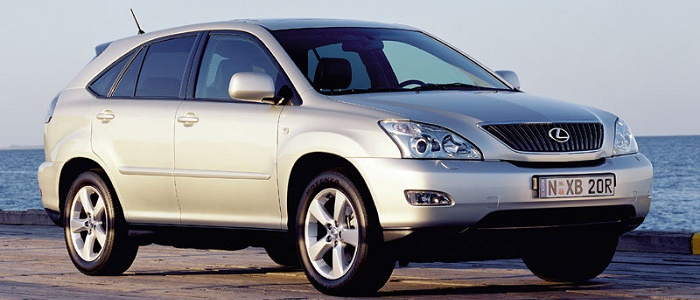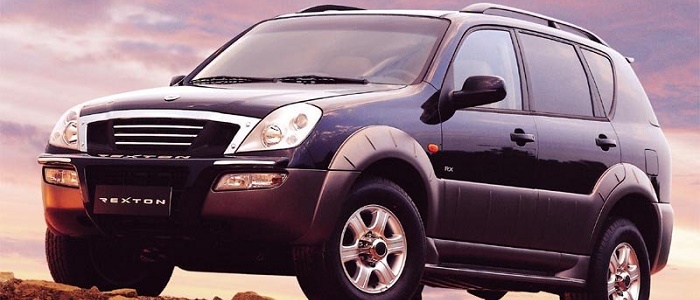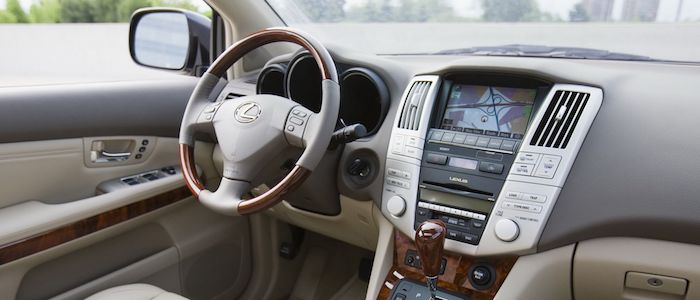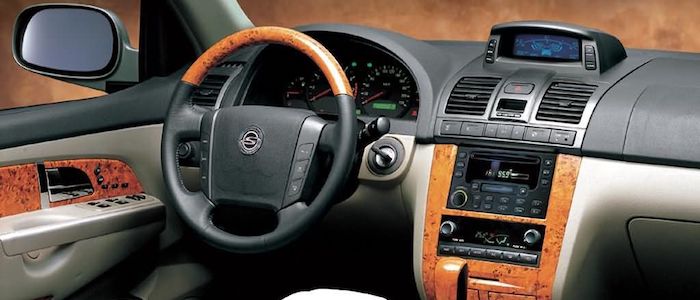Compare two cars
Compare any two cars and get our Virtual Adviser™ opinion
Dimensons & Outlines
Check vehicle history
Engine
3.2 V6 M112 E32
Performance (manual gearbox)
Performance (automatic gearbox)
Expenses
Virtual Adviser's™ opinion
Well, these are two pretty similar cars we have here! It's only details that could potentially make the difference. Considering they both belong to the suv segment and utilize the same 5-door suv body style and the 4 x 4 wheel drive system, it all comes up to the specific petrol engine choice they offer. The first one has a Toyota-engineered powertrain under the hood, a 6-cylinder, 24-valves 201hp unit, while the other one gets its power and torque from a 6-cylinder, 18-valves 218hp engine designed by Mercedes Benz.
SafetyUnfortunatelly, neither of the two vehicles was submitted to the European New Car Assessment Programme (Euro NCAP) testing. This makes it virtually impossible for me to pick one over the other and I'm generally against buying such cars as the safety should really always come first. That aside, let's consider some other aspects which affect safety. Both vehicles belong to the suv segment, which is generally a very good thing safety-wise, still it doesn't help us solve our dilemma, does it? On the other hand, when it comes to weight, a factor that most people underestimate, the Korean car offers a marginal difference of 4% more metal.
ReliabilityI don't like generalizing things when it comes to reliability, although it does seem that Lexus as a brand displays somewhat better results, at least on all of the models level. These are the results of an independent reasearch, while our visitors describe reliability of Lexus with an average rating of 4.9, and models under the SSangYong badge with 4.3 out of 5. Independent research findings rank RX as average reliability-wise, and Rexton is more or less at the same level.That apart, owners of different cars powered by the same engine as the Japanese car rank it on average as 5.0, while the one under the competitor's bonnet gets 4.6 out of 5.
Performance & Fuel economyLexus is a bit more agile, reaching 100km/h in 0.8 seconds less than its competitor. In addition to that it accelerates all the way to 200 kilometers per hour, 3km/h more than the other car. When it comes to fuel economy an obvious choice would be the Japanese car, averaging around 12.2 liters of fuel per 100 kilometers (23 mpg), in combined cycle. That's 23% difference compared to the Korean car!
Verdict
Lexus appears just a bit more reliable, although the difference is truly marginal. The most important thing when deciding between any two vehicles should always be safety, both passive and active. In my opinion, everything taken into account, the Korean car offers slightly better overall protection and takes the lead. From there things take a different direction, with Lexus being considerably quicker, thus putting more smile on driver's face. To make things even better, it consumps less fuel! All together, there's not much more to say, in this case I wouldn't even consider anything but Lexus. In any case that's my personal view, built upon all the data available to me. What should decide here though is the way you feel about the two vehicles, and I hope you'll find my guidelines useful in the process. In case you have two minutes to spare I invite you to define your needs, desires and budget and see which car would be chosen by the virtual adviser™, among more than 12.000 different ones in our database.

































